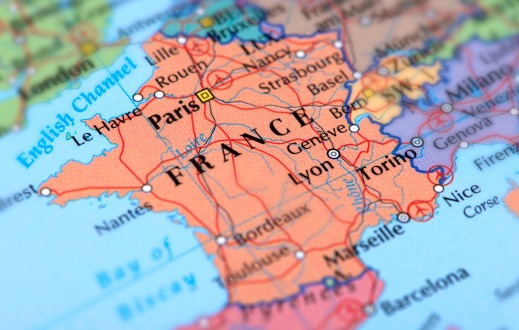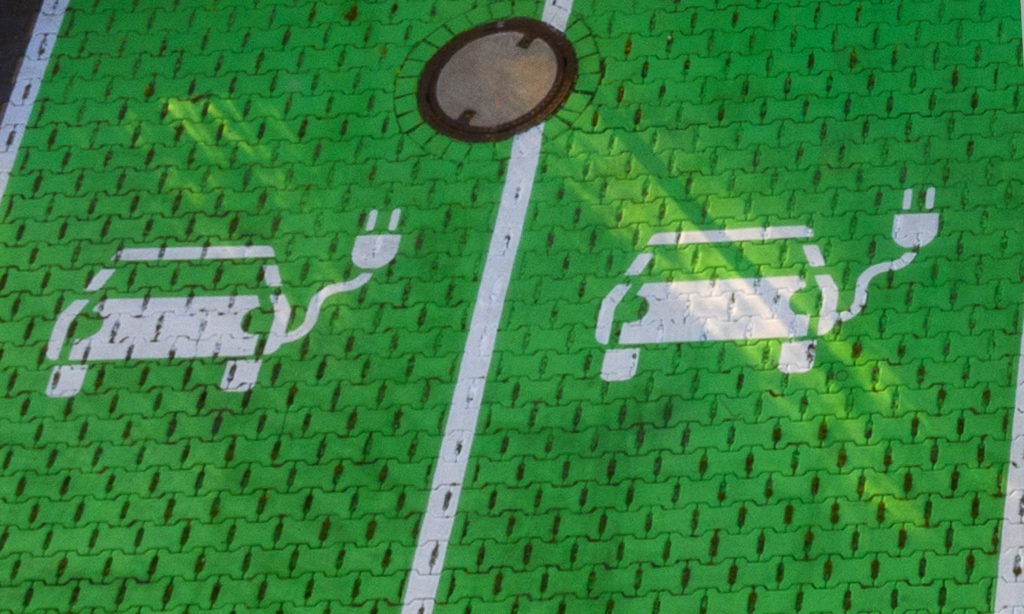French EU Council Presidency to work on smart and sustainable transport
12 January 2022

Holding the Presidency of the Council of the EU, France aims to work on smarter, more sustainable mobility. This means a renewed focus on connected and autonomous-vehicle technology, as well as concentrating on the European Green deal.
After taking the chair from Slovenia at the beginning of this year, France will lead the way until the end of June. Within those six months, its programme will broadly target three goals for the bloc. These include greater sovereignty, a new model for growth and a more humane Europe.
Legislating technology
A key focus for France’s presidency programme is autonomous-vehicle technology. A high-level meeting on connected and autonomous driving is already scheduled for mid-February. This two-day event will bring together experts from different organisations, industries, and institutions to review European national policies concerning the emerging market. France recently passed legislation to regulate autonomous driving, putting the topic of deployment at the top of the agenda.
Once it is published by the Commission, the presidency will also turn its attention to the European Chips Act (ECA). Led by Thierry Breton, Commissioner for Internal Market, the ECA will look to cover a localised semiconductor research strategy, a collective approach to European production capacity, and a framework for international cooperation and partnerships. As constrained supply short-circuited new-car registrations last year, the EU’s automotive industry will be watching the progress of the ECA closely.
‘While global demand has exploded, Europe’s share across the entire value chain, from design to manufacturing capacity has shrunk,’ Breton said last year. ‘We depend on state-of-the-art chips manufactured in Asia. This is not just a matter of our competitiveness. This is also a matter of tech sovereignty. So, let’s put all of our focus on it.’
Following up on Fit for 55
France’s presidency will take aim at the EU’s numerous environmental plans. Its programme outlines the importance of transportation to the bloc’s ambitions to reach climate neutrality by 2050. It identifies the importance of creating a timeline that is both ‘ambitious and tenable’ to help decarbonise the sector. It will therefore work on finalising the Sustainable and Smart Mobility Strategy, which was put forward by the Commission at the end of last year.
Under the Green Deal, the country’s presidency programme will focus on the EU’s Fit for 55 package. Presented in July last year, it proposes to make the EU’s climate, energy, land-use, transport, and taxation policies fit to reduce net greenhouse-gas emissions by at least 55% by 2030, compared to 1990 levels.
‘The “Fit for 55” package, which will be a priority for the French presidency in the Council configurations in which it is discussed, also includes major industrial challenges such as the move to a low-carbon model for certain industries or the development of new key sectors,’ the programme reads.
The package includes ending the sale of internal-combustion engine (ICE) powered vehicles in 2030 as well as the proposal for the Alternative Fuels Infrastructure Regulation (AFIR). This draft regulation outlines mandatory targets for infrastructure deployment such as the plug-in points required to keep battery-electric vehicles (BEVs) charged and on the road.



